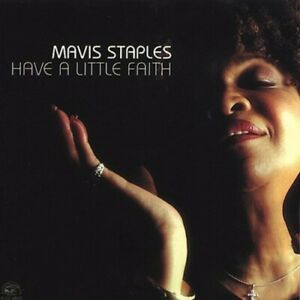Lol no. We're about to do the hard part.
We're going to talk about all sorts of important meanings that can be created by other words in a verbal group.
If you are a native or fluent English-speaker, your brain will already know everything we're going to talk about. What you might find hard is trying to learn labels and rules for something you already do unconsciously—especially when these rules rely on a set of words that keep changing their function depending on their context.
So don't be too worried if this next section gets a little confusing, but at the same time don't just write it off.
Think about what you're reading, try and guess the examples, and pay attention to the advice during the writing exercises.
Here's some inspiration to see you through.

Let's go!

